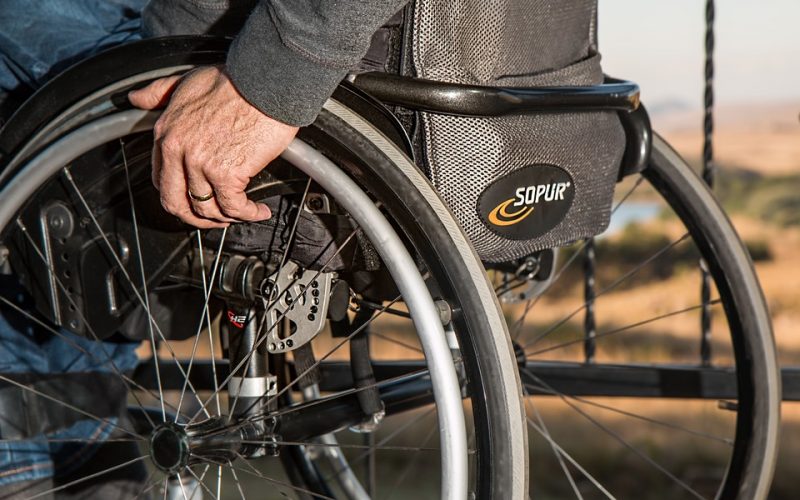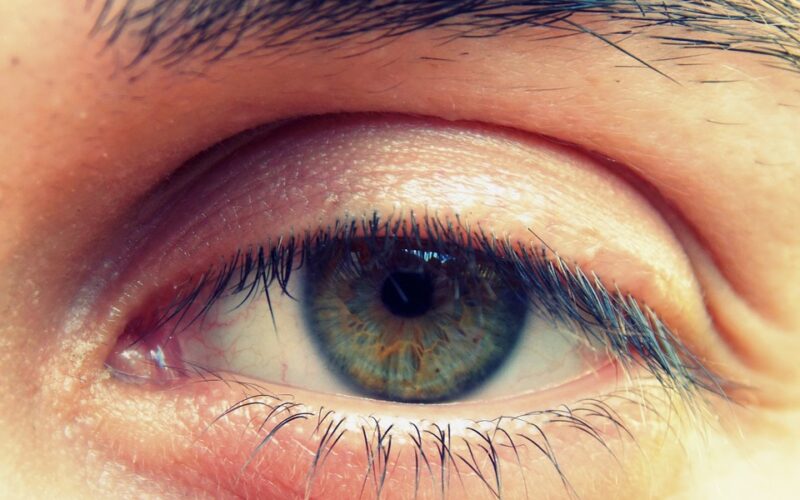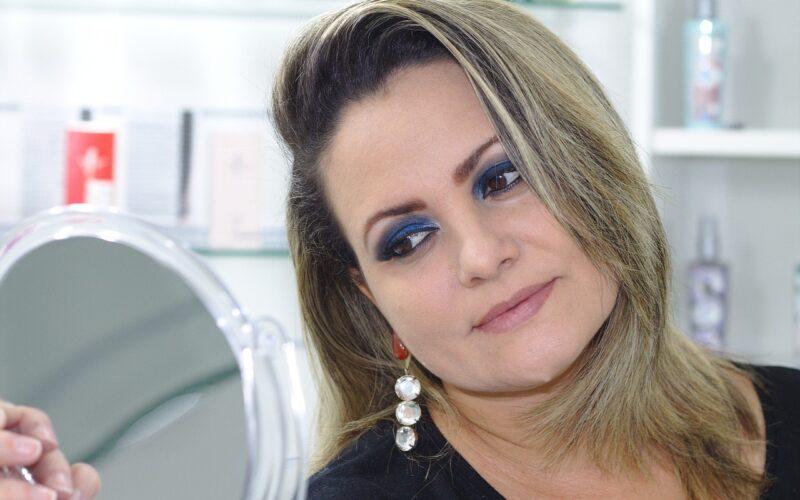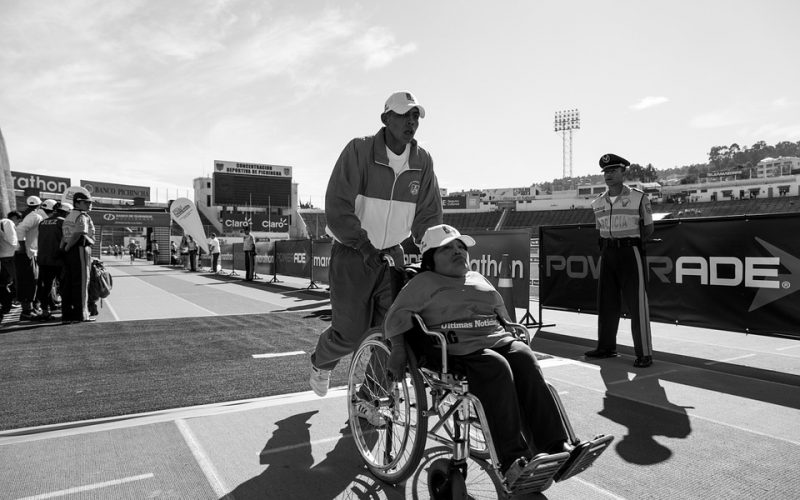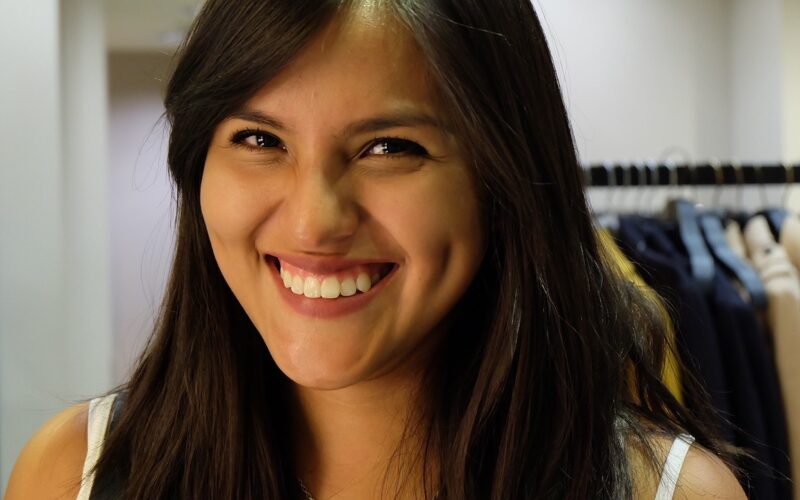The landscape of cosmetic surgery has undergone a dramatic transformation in recent years, shifting from a practice shrouded in secrecy and reserved for celebrities and the elite to a mainstream marvel embraced by people from all walks of life.
From taboo to acceptance
There was a time when cosmetic surgery was a subject discussed in hushed tones, often masked by a veil of stigma and judgment. However, attitudes have evolved significantly, and social acceptance has paved the way for individuals to openly discuss and pursue cosmetic enhancements. With the rise of social media influencers and celebrity culture, the public's perception has shifted. Cosmetic procedures are no longer seen as vanity projects but as a form of self-improvement and personal empowerment. The narrative has changed from concealment and embarrassment to one where individuals are encouraged to make choices that increase their confidence and body positivity.
Cosmetic surgery in the digital age
The advent of the digital age has played a pivotal role in the proliferation of cosmetic surgery. Social media platforms, particularly visual-centric ones like Instagram and TikTok, have become instrumental in normalising cosmetic enhancements. Users showcase their post-operative transformations, celebrate their new appearances, and hash-tag their surgeons to provide endorsements. The transparency and instant nature of digital interactions have demystified the process, making it more approachable and less intimidating for people considering such procedures.
Cosmetic procedures as a consumer service
The industry's growth has led to cosmetic surgery being rebranded as a consumer service. In a world where user experience is paramount, clinics have started positioning themselves as wellness havens, focusing on customer comfort and convenience. The burgeoning popularity of non-invasive procedures like Botox, fillers, and laser treatments, which come with minimal downtime and risks, have further fuelled the acceptance of cosmetic interventions. These 'lunchtime procedures' have enabled consumers to integrate cosmetic enhancement into their regular beauty and maintenance routines without significant disruption to their daily lives.
Inclusivity and diversity in cosmetic surgery
One of the most notable shifts in the cosmetic surgery landscape is the increasing diversity of its clients. In earlier decades, the typical patient seeking cosmetic surgery often fit a homogeneous profile. Today, the clientele has expanded to encompass all genders, ages, ethnicities, and socio-economic backgrounds. This diversification reflects a broader societal shift towards inclusivity and recognition of diverse beauty standards. Surgeons and clinics are adapting to meet the varied needs and aesthetic goals of this growing demographic, further propelling cosmetic surgery towards mainstream status.
The democratisation of cosmetic surgery
Finance and accessibility have played a crucial role in the democratic reach of cosmetic surgery. With financing options readily available, procedures that were once financially out of reach for many are now attainable. The competitive nature of the industry has also led to more affordable pricing, while technological advancements have made surgeries safer and more refined. This has resulted in a broader spectrum of society considering and undergoing cosmetic procedures, advancing its integration into mainstream culture.
The role of technology and innovation
Innovations in technology have not only made cosmetic procedures safer but also more precise and customisable. Techniques such as 3D imaging allow patients to visualise potential outcomes, giving them a clearer understanding and realistic expectations of the procedures. The industry's commitment to research and development continues to improve techniques, reduce recovery times, and offer better results, which resonates well with an increasingly informed and discerning public. With technology driving the quality of outcomes, cosmetic surgery has secured its mainstream appeal by offering consistent and reliable enhancements.
Cosmetic surgery has indisputably cemented its position in modern culture. What was once avant-garde and exclusive has become commonplace and accessible. The industry's trajectory points to a future where personal reinvention through cosmetic surgery is not exceptional but an everyday norm and where the decision to undergo a procedure is respected as a personal choice rather than a cultural controversy. The mainstreaming of cosmetic surgery is both a reflection of and a contributor to a society that prioritises individual agency, diversity, and the democratisation of beauty.

